Buying a Starter Home Guide
Posted by Alex Narodny on Monday, November 19th, 2018 at 1:02pm
Buying a starter home? Here's what you need to know.
Many first-time homebuyers, especially in competitive markets, end up in starter homes as a part of their first foray into the real estate market.
The idea of a "starter home" goes back to World War II. After veterans completed their service, they returned home and took advantage of a provision in the G.I. Bill that guaranteed them affordable mortgages. The increased demand caused a housing boom, specifically for smaller, low-cost homes where the veterans could start their families.
Historically, these properties tend to be smaller in size than one might expect from a single-family unit, but the idea behind them is two-fold: these smaller properties help introduce individuals to the responsibilities of homeownership, while also serving as a launching pad-- something to help a homeowner build equity before eventually moving on to a bigger and better property.
What to look for in a starter home
If you think you might be in the market for a starter property, here are some features you’ll want to keep in mind:
Affordability
Since this is your first time worrying about a mortgage payment, you might not be able to borrow as much, or you may not feel comfortable doing so. As the buyer, you’ll want to ask your lender to work up closing costs for you until you feel confident that you’ll be able to confidently make your payment each month.
Size
Starter homes tend to be much smaller than other homes on the market, both to keep costs down and upkeep manageable. As you look at homes, think seriously about how much space you truly need. Often, just one extra bedroom is more than enough room for first-time buyers.
Upkeep
Townhomes and condos are particularly popular options as first-time homes because they allow buyers to experience a lot of the positive aspects of homeownership without too much responsibility.
If you’re in the market for a living situation where much of the home maintenance is taken care of for you, a condo or townhome may be a good option. Just be sure to research the specific services that each community offers, as well as any associated fees.
Resale value / income potential
Since starter homes tend to be more of a stepping stone than a permanent solution, many first-time buyers go into to the purchase with a vague idea of what will happen once they outgrow this phase of their lives. Whether you’d rather sell the property or keep it and rent it out for passive income, the ability to attract future interest is key. For this reason, most starter homes are located in popular neighborhoods, with easy access to amenities like restaurants, bars, and public transportation options.
Should you buy a starter home?
While, ultimately, only you can decide whether or not now is the right time for you to join the real estate market, here are a few signs that you might just be ready to take the jump into first-time homebuying:
You’re financially stable
Even though starter home values are lower, you should still have a stable income, a handle on your debt and credit rating, and some amount of savings to put towards a downpayment. Additionally, you feel comfortable with the idea of being able to handle a monthly mortgage payment, as well as any unforeseen maintenance expenses that could crop up.
You’re settled (for now)
Even though your starter home probably won’t end up being your forever home, it’s still much more permanent than simply signing a year-long lease. Before you get your heart set on buying, you should double-check to make sure that you feel comfortable maintaining your life- your job, social circle, and surrounding area - as-is for the foreseeable future.
...But not too settled
These days, people are starting their path to homeownership later in life. If you’re in a place where you’re almost ready to start a family and you have a decent income, it may make more sense for you to keep saving and skip the starter home in favor of a larger property that will allow you and your family to grow as needed.
You’re willing to compromise
Too often, buyers are surprised to find that their starter home budget isn’t nearly enough to get everything on their wishlist.
Homeownership, especially in the first-time home bracket, is bound to come with a certain degree of compromise. Ideally, when you’re ready to make a purchase, you’ll be able to focus on foundational details like the home’s location and square footage rather than aesthetics. Those surface projects can often be changed to your tastes over time as you settle in.
This article originally appeared on OpenListings.

Leave A Comment